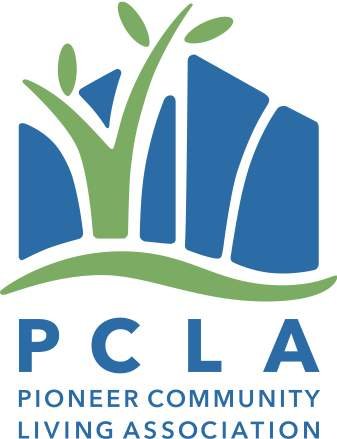Homelessness, cont’d
According to studies, one third of individuals who experience homelessness have a severe mental illness - often schizophrenia or bipolar disorder. How do they affect each other?
Mental illnesses can make it difficult for individuals to stay employed and maintain a household. Consequently, many individuals with mental illnesses - especially those without support - experience homelessness in their lifetimes. On the other hand, the absence of adequate shelter, a lack of safety, and financial problems can cause deterioration of mental health.
According to the most recent Metro Vancouver Homeless Count:
• Approximately 3,654 people experience homelessness in Metro Vancouver. Of those, 1,029 were unsheltered (28%) and 2,605 were sheltered (72%)
• 73% of those experiencing homelessness were male, 25% were female, 2% were non-binary.
• 24% were over the age of 55, and 9% were under the age of 24.
• 33% of those experiencing homelessness identified as Indigenous. Accordingly, Indigenous people were overrepresented among those experiencing homelessness in Metro Vancouver.
• 46% of those experiencing homelessness identified themselves as living with one or more mental illnesses.
More mental health services are essential to support those with mental illness and those experiencing homelessness. Access to shelter and medication, and the promise of safety are key to decreasing the number of individuals experiencing homelessness in Metro Vancouver.
Source: https://bit.ly/3q83q72
